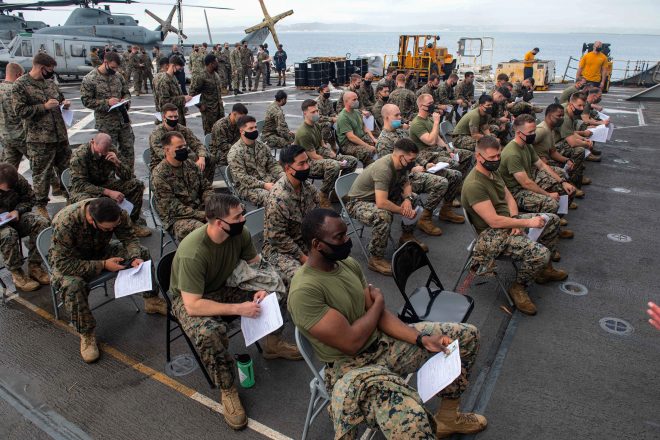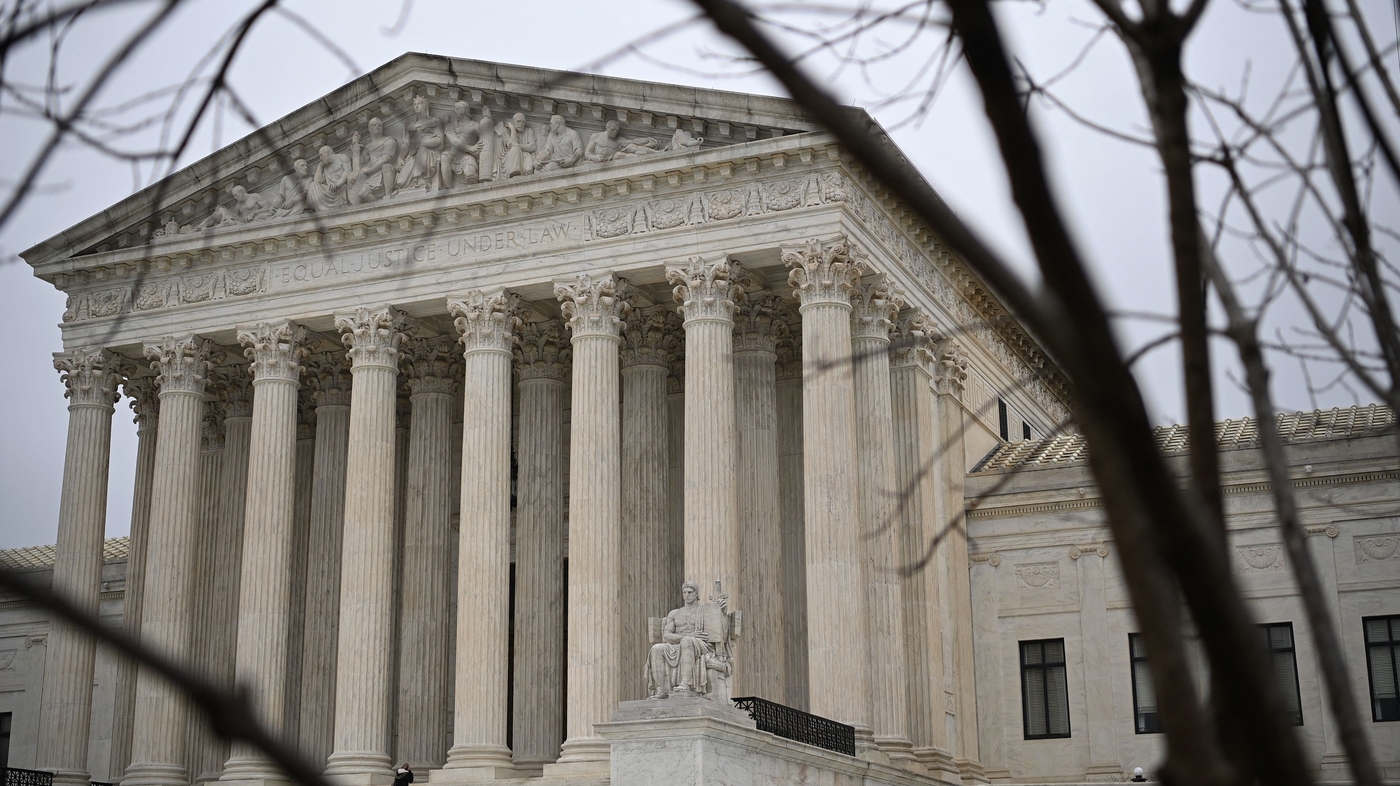On the broad brush applied to religious waivers, I guess there have been no overt declarations I know of, but zero waivers speaks for itself. As the Navy can separate individuals for a couple good reasons for refusing the vax, it would have simply been better to not offer a religious exemption rather than carry on a charade. To deny a religious accommodation suggests the Navy does believe you are sincere in your convictions. Aside from the fact the Navy can not know that for certain, it can not be so for 100% of the applications.
I admit not knowing the actual process of religious waiver excepting that the chaplaincy is involved. I'd be interested in the specifics and even what the denial letter looks like. I would expect the chaplaincy can't help but start from a sympathetic view point and go from there.
The caution of making sweeping declarations would apply here.
I agree with you that a number of the religious exemptions sought were likely due to the politicization of the vaccine (and the pandemic in general), but the fact is that none of us knows which or how many religious exemptions fall into that category. I'd offer an alternative perspective: that the wide publicity and visibility of the development of the vaccine brought to light to a large number of people the moral implications involved, namely the used of fetal cell lines, in a way that hasn't been done in medicine in a long time. Bolstering this argument is the statement the Catholic Church made speaking to the morality of the COVID-19 vaccines here, reaffirming their position that while it is morally acceptable to receive these vaccines when no better alternative exists, it must still be voluntary, subject to the individual's own conscience, and that we should continue to encourage the development of a vaccine that do not create problems of conscience. This is why it's possible for some Catholics to have no issue receiving the vaccine but others to claim that their personal religious beliefs do not permit it.
I understand that perspective and appreciate that how vaccines are made has received far more scrutiny and awareness with the pandemic, but it still doesn't change that a servicemember refusing the vaccine still impedes military preparedness and probably should be discharged as a result even if their religious convictions or beliefs have changed.



